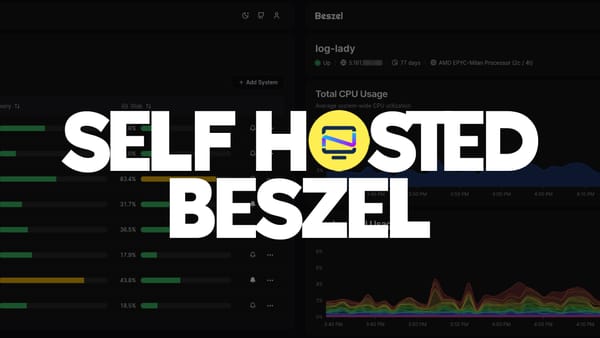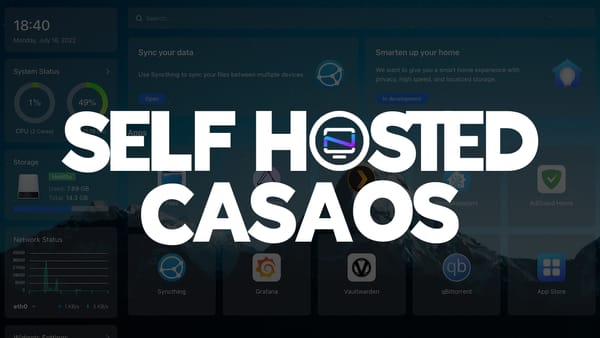An Intro and Crash Course on Proxmox Backup Server
Let's take a close look at Proxmox Backup Server and how to get started with it. 🧡
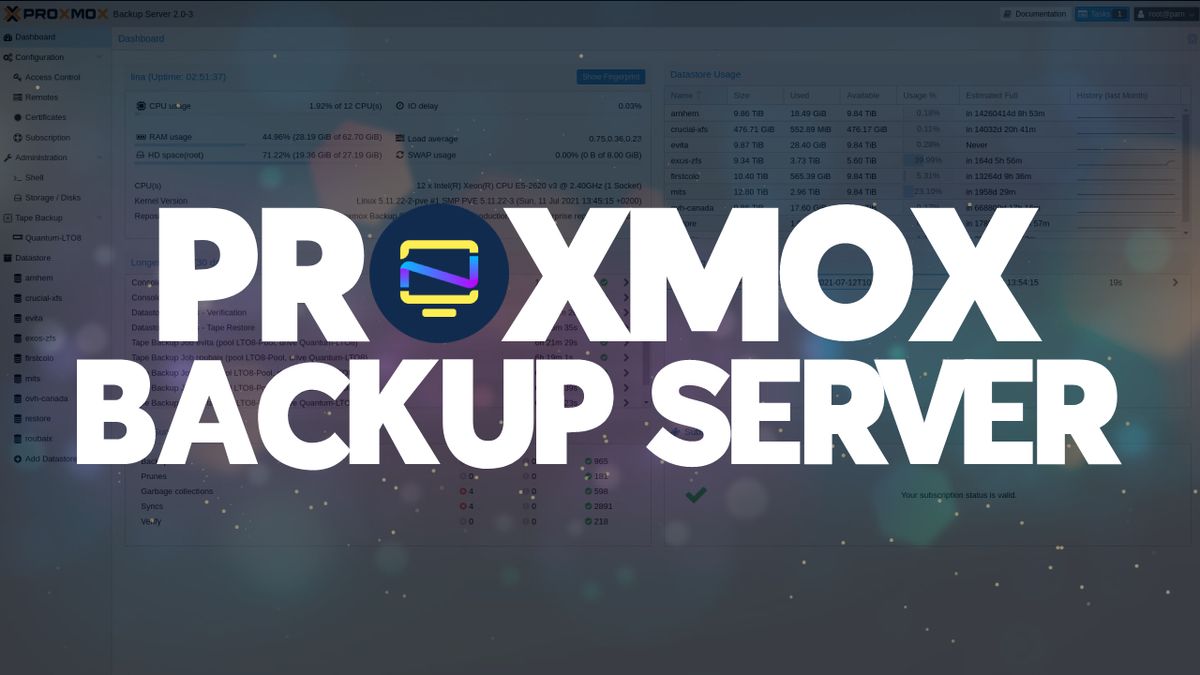
Proxmox Backup Server (PBS) is a reliable and easy-to-use, open-source backup server that provides users with a comprehensive backup and restore solution for their Proxmox virtual infrastructure. This article will discuss the features of the Proxmox Backup Server, its benefits, and how it works.
Features of Proxmox Backup Server
Proxmox Backup Server has a range of features that make it an excellent backup solution for Proxmox users. These include:
- Deduplication: PBS uses a deduplication technique that ensures only unique data blocks are stored in backup files, reducing the amount of storage space required.
- Incremental backups: PBS supports incremental backups, which means that only the changes made since the last backup are saved, reducing backup time and storage requirements.
- Encryption: PBS supports encryption of backup data, ensuring that sensitive data is secure during backup and restore operations.
- Compression: PBS compresses backup data, reducing storage requirements and backup time.
- Scheduling: PBS allows users to schedule backups at regular intervals, ensuring that data is backed up regularly without user intervention.
- Multi-user support: PBS supports multiple users with different levels of access, making it easy to manage backup and restore operations for large Proxmox environments.
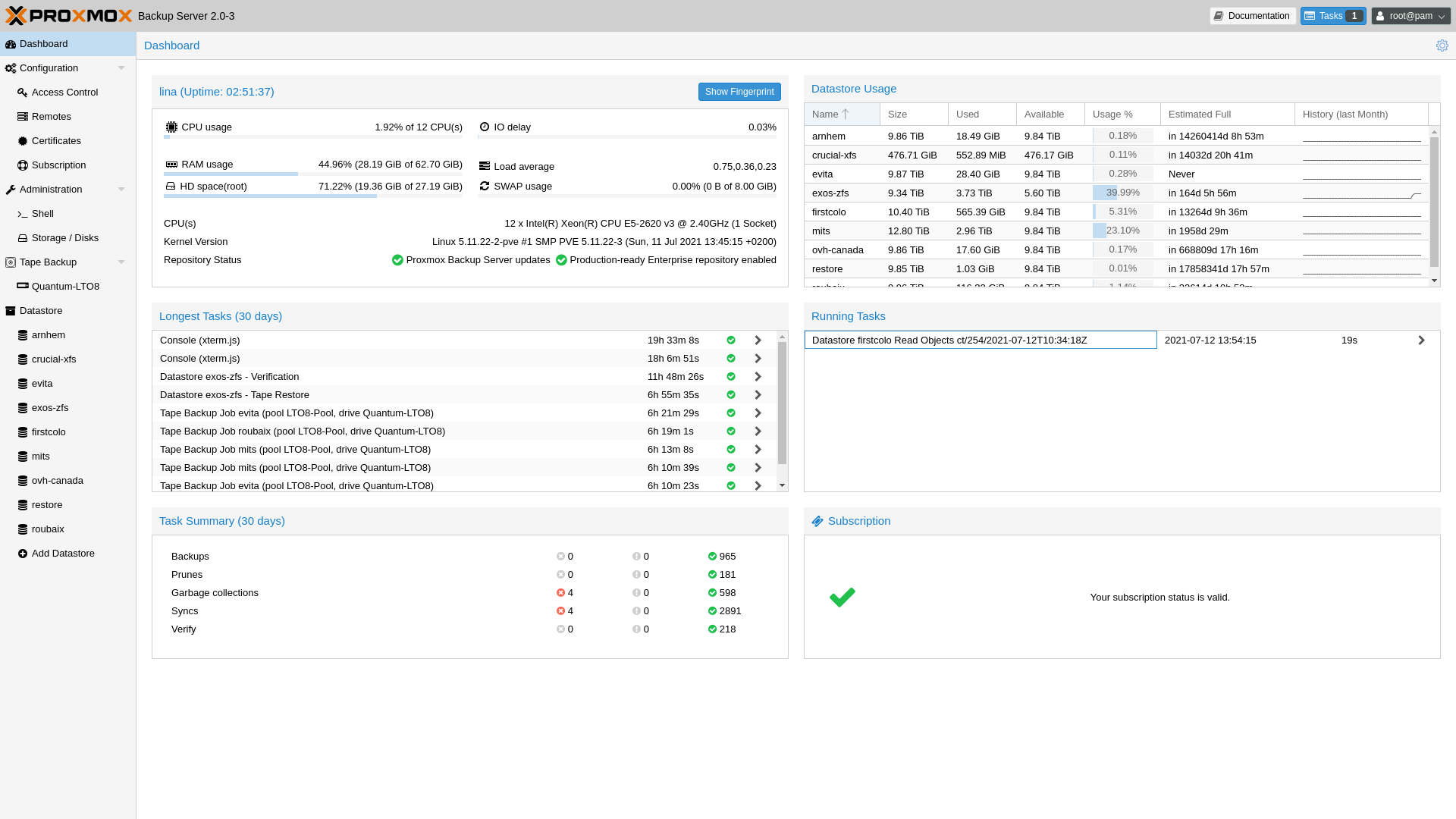
One of the main advantages of Proxmox Backup Server for self-hosting is that it offers advanced data protection capabilities. It uses advanced data deduplication and compression technology to reduce backup storage requirements, ensuring optimal backup performance. Additionally, with data encryption capabilities, Proxmox Backup Server helps ensure data security and compliance with data privacy regulations, which is particularly important for self-hosting.
Benefits of Proxmox Backup Server
Proxmox Backup Server offers a range of benefits to Proxmox users, including:
- Reliable backups: PBS is a reliable backup solution that ensures data is backed up correctly and can be restored quickly in the event of a disaster.
- Easy-to-use: PBS has a simple and intuitive web interface that makes it easy for users to configure and manage backup and restore operations.
- Cost-effective: As an open-source backup solution, PBS is free to use, reducing the cost of backup and restore operations for Proxmox users.
- Scalable: PBS can be used to backup and restore data from multiple Proxmox environments, making it a scalable backup solution.
- Secure: PBS supports encryption of backup data, ensuring that sensitive data is secure during backup and restore operations.
Another critical advantage of Proxmox Backup Server for self-hosting is its flexibility. It supports various storage media, including local and remote disks, network file systems, and cloud storage. This flexibility allows individuals and businesses to choose the storage media that best suits their needs and budget. Additionally, the user-friendly web interface makes it easy to configure backup tasks and monitor backup status, which is particularly important for self-hosting where there may be limited IT resources available.
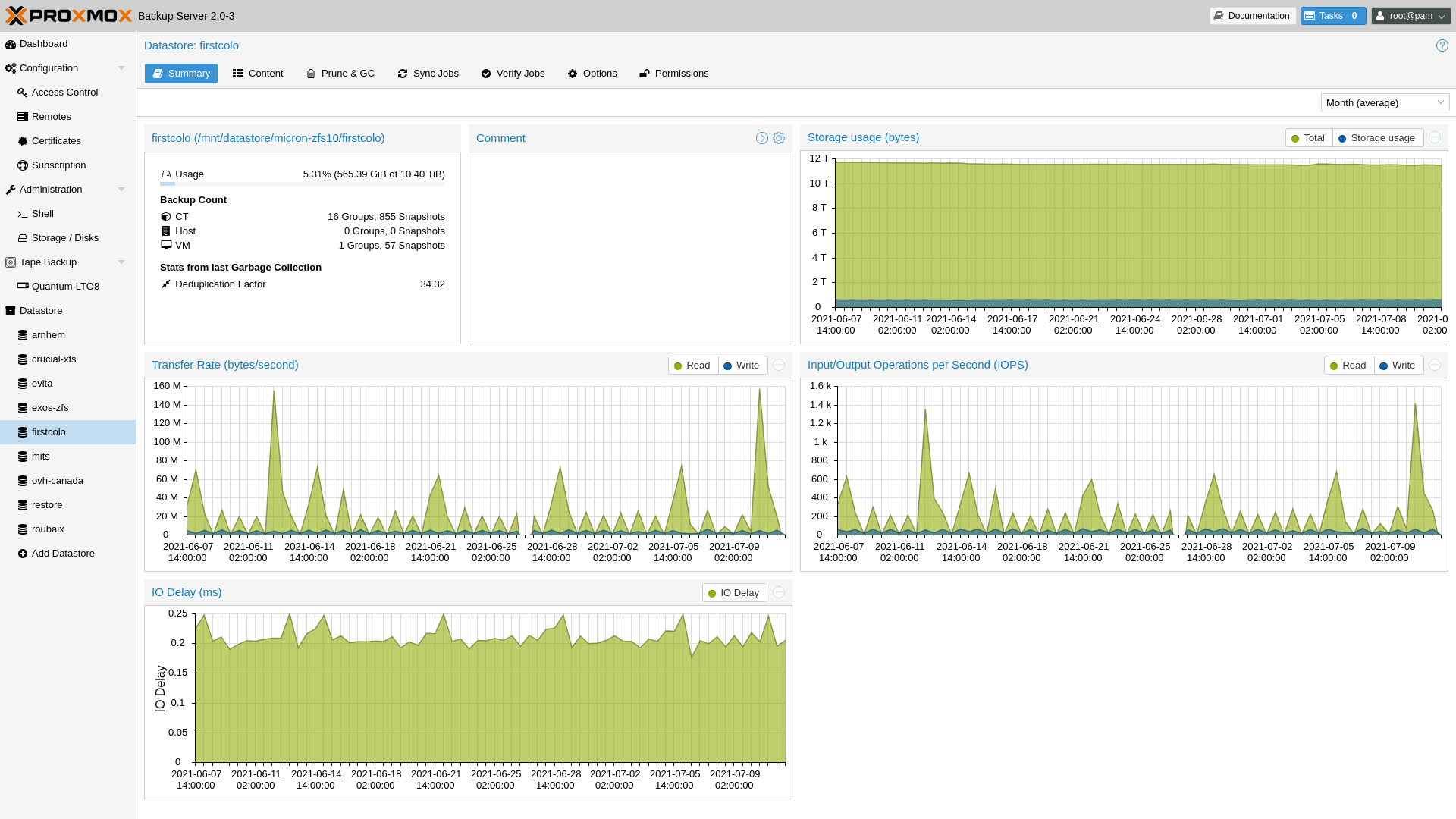
How Proxmox Backup Server Works
Proxmox Backup Server works by creating backups of Proxmox virtual machines and containers. The backup data is stored on the backup server, where it can be accessed and restored as needed. The following steps outline how Proxmox Backup Server works:
- Install Proxmox Backup Server: Proxmox Backup Server can be installed on a physical or virtual machine running a Linux operating system. Once installed, it can be accessed via a web browser.
- Configure backup storage: Proxmox Backup Server requires a storage location for backup data. This can be a local disk, network storage, or cloud storage.
- Add Proxmox nodes: Proxmox Backup Server needs to be connected to Proxmox nodes to backup virtual machines and containers. This can be done by adding the Proxmox nodes to the backup server via the web interface.
- Create backup jobs: Proxmox Backup Server allows users to create backup jobs, which specify the virtual machines and containers to be backed up, the backup schedule, and the backup storage location.
- Run backups: Proxmox Backup Server runs backup jobs according to the schedule specified. Incremental backups are created, which only backup changes made since the last backup.
- Restore backups: Proxmox Backup Server allows users to restore backups to the original virtual machine or container or a new one. The backup data can be restored using the web interface or the Proxmox Backup Server API.
Restoring Backups from Promox Backup Server
Now we will go over how to restore backups from Proxmox Backup Server.
Step 1: Log in to Proxmox Backup Server
First, log in to the Proxmox Backup Server web interface using your credentials.
Step 2: Select the Backup File to Restore
From the Backup tab in the left navigation pane, select the backup file you want to restore. You can use the search bar or filter options to find the desired backup.
Step 3: Click on Restore Button
Click on the "Restore" button located on the right-hand side of the backup file.
Step 4: Select Restore Options
You will be prompted to select the restore options. Here, you can choose the restore location, the target node, and other restore settings.
Step 5: Restore Backup
Once you have selected the restore options, click on the "Start Restore" button to begin the restore process.
Step 6: Monitor the Restore Progress
You can monitor the restore progress from the "Tasks" tab in the left navigation pane. You can also receive email notifications when the restore process is complete.
Step 7: Verify the Restore
After the restore process is complete, verify that the backup has been successfully restored. You can check the restored data and settings on the target node.
Note: It's recommended to test the restored backup before using it in a production environment. This will help you ensure that the backup has been restored correctly and all settings and data are intact.
Final Notes and Thoughts
Proxmox Backup Server is an excellent backup solution for self-hosting because it is designed to work seamlessly with Proxmox Virtual Environment. It is an integrated and easy-to-use platform that simplifies backup management, making it an ideal solution for businesses and individuals who self-host their virtual machines and containers.


